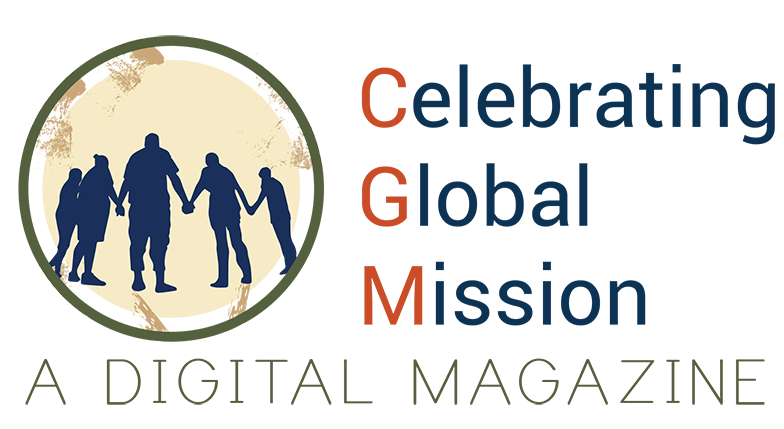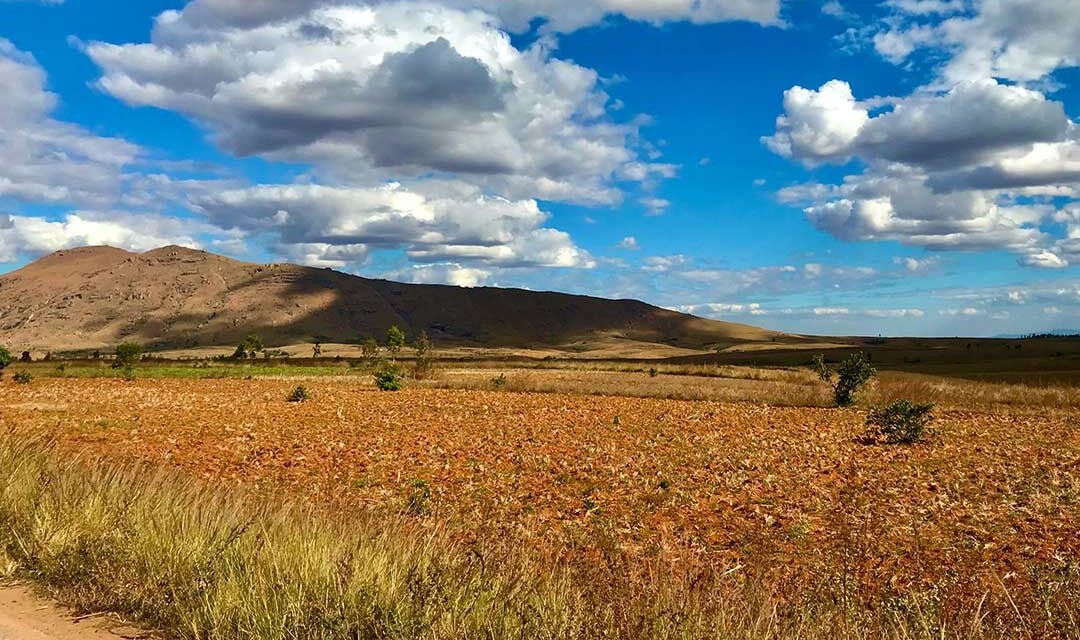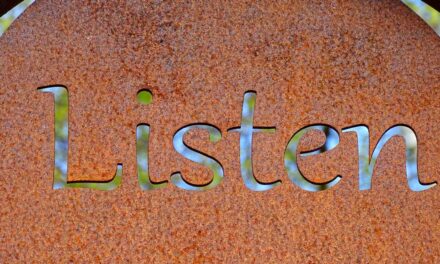The Quest for Sustainable Development
Sustainability in international development has been defined as meeting the needs of the present generation without compromising the ability of future generations to meet their own needs. The quest for sustainability seems to be the elusive “gold standard” for development initiatives and projects – very easy to define, but often diabolically difficult to achieve, since it is impacted by multiple factors: political, economic, social, technological, legal and environmental.
Sustainable planning is a Biblical principle that aligns with contemporary research. Morfaw (2014)* stated, “It is a proven truism that most projects are failing because of the lack of an appropriate sustainability plan.” [*See complete reference in footnote at end.]
“Suppose one of you wants to build a tower. Won’t you first sit down and estimate the cost to see if you have enough money to complete it?”
Luke 14:28, NIV
This simple instruction can have profound implications for foreign mission and development work. Even projects that are started with great enthusiasm and motivated by deep care and compassion may fail due to poor planning. As a result, all efforts and resources may be wasted and the very communities the projects were designed to help are left worse off and disappointed.
Well-planned and efficiently-executed sustainability projects offer the potential of real change to the 1.2 billion people on the planet living in sub-standard conditions. Sustainable projects create jobs. They impart a sense of sharing and stewardship to people rather than ownership and control. They introduce long-term, positive change, thus transforming communities economically. Sustainable projects bring dignity to people through education, employment and the hope of continued growth toward a better future.
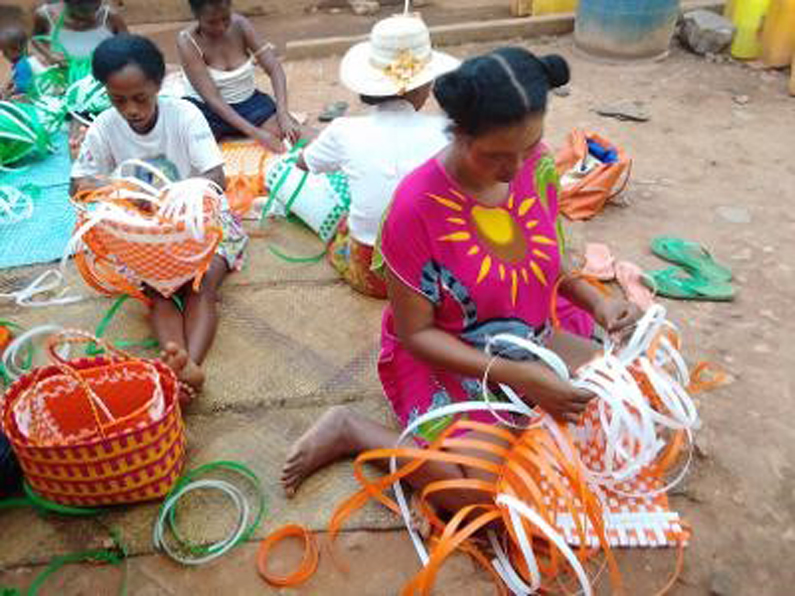
Women prisoners at work in FOMM’s vocational basket-weaving program
Friends of Madagascar Mission (FOMM): The Sustainability Imperative
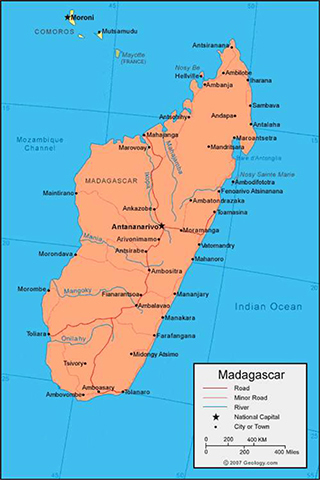
Madagascar
For the past 12 years Friends of Madagascar Mission (FOMM), a fully volunteer-managed 501(3)c charitable organization based in Minnesota, has been raising funds for a broad range of evangelistic and humanitarian projects in Madagascar. A key factor in FOMM’s success is that all projects are owned and run by locals, with FOMM providing financial, prayer and administrative support where needed. FOMM has no administrative overhead costs, so 100% of the funds raised go to designated projects in Madagascar.
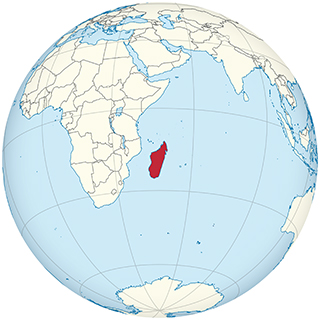
Madagascar – global view
Currently, FOMM’s eight key projects include prison and community evangelism and vocational training, repairing and digging wells in the southern regions, women’s education and empowerment, and sponsoring children to attend a school for the sight impaired. FOMM has articulated the goal of sustainability through a five-year “Village Redemption” strategy document.
The photographs below show some of the fine items made by women prisoners who participate in FOMM’s prison vocational program.
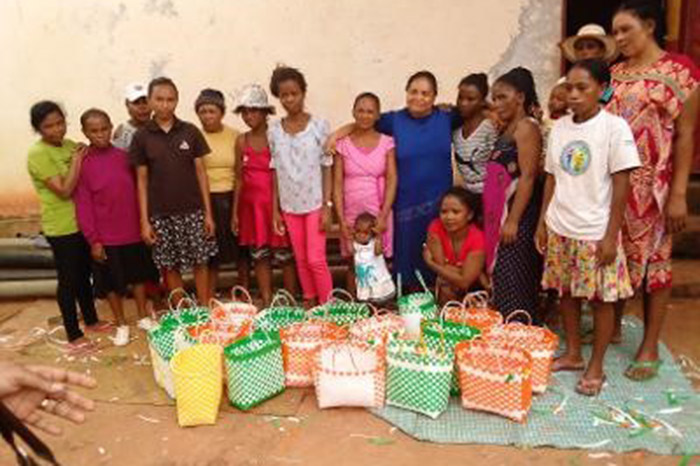
Women prisoners showing their basket creations
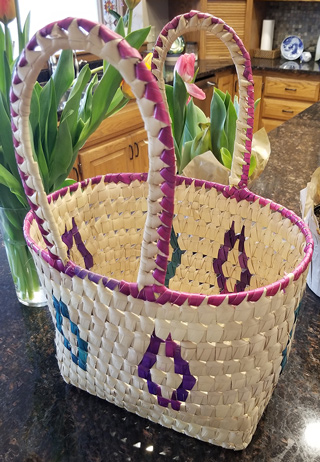
A close-up of a woven basket, showing the skill of women prisoners and the quality of the products they produce
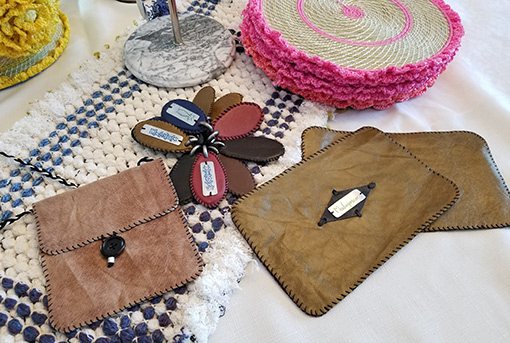
Leather bags, key rings and place mats created by men and women prisoners who participate in FOMM’s vocational training programs. Men work with leather and metal and women do weaving.
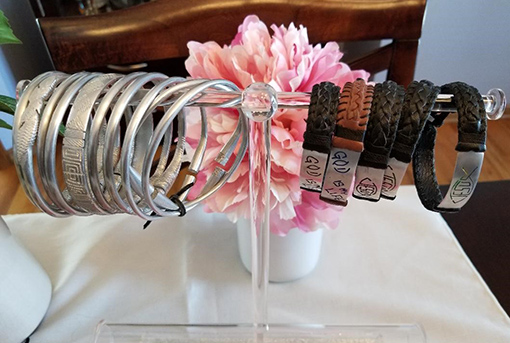
Silver bangles and leather bracelets created by men prisoners who participate in FOMM’s vocational training programs
Research into Sustainable Vocational Training Programs
The desire to initiate high-impact vocational training has led FOMM to conduct research into suitable programs. In discussion with locals, welding has been identified as skill that would provide outstanding opportunities to build a strong economic future for themselves in their local communities in Madagascar. An expert welding trainer from a mine near Antananarivo has advised FOMM that current training opportunities in Madagascar do not meet the needs of industry, so skilled welders need to be recruited from overseas. In fact, welding has been called the most in-demand trade skill worldwide.
FOMM’s vision to set up a welding school for both public (fee-paying) and prisoners (free training) therefore aligns with the vision of locals for attaining high-value workplace skills. The idea is for the school to run as a non-profit organisation, with fee-paying students subsidising the training program to be delivered in prisons, of which there are over 80 in Madagascar.
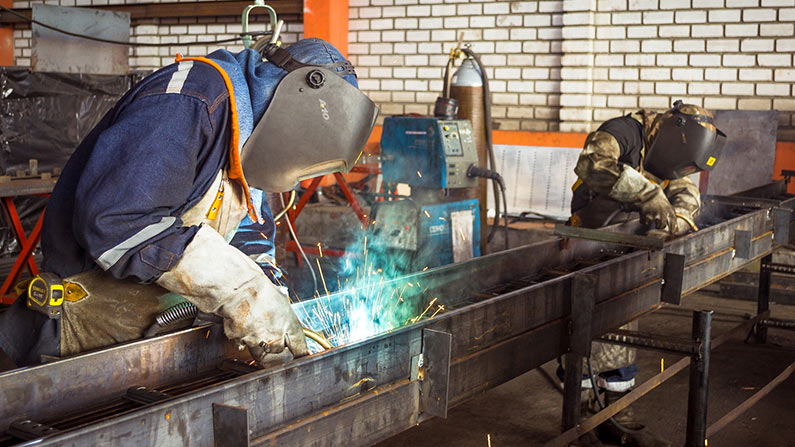
Welding is one of the highest in-demand trade skills in the world
FOMM’s Approach to Implementing Sustainable Projects
Welding is an in-demand trade in mining and also offers employment opportunities in construction, shipping and manufacturing. One skilled welder could potentially earn enough to support an extended family, bringing in multiple times the income of an unskilled or semi-skilled worker. If a group of trained welders worked as a cooperative factory in a village, the transformative capability of such a work arrangement could be profound in setting people free from the grip of poverty and contribute to building villages, and the nation, from the ground up.
From Small to Bigger
Offering vocational training in prisons is not new for FOMM, which currently runs craft projects that have the potential to generate some income for prisoners when they go back into society, through selling woven baskets and wooden, leather or metal tourism trinkets.
However, a more sophisticated trade skill such as welding can deliver greater potential for earning a living, as well as providing the advantage of enabling people to become self-sustaining contributors to society rather than being unemployed and committing crimes that place them back in prison. If professional welding skills cannot guarantee a “get out of jail” card, it can at least offer an “avoid jail” card for people in this situation who choose an alternative career path.
Welding skills fit into the “teaching to fish” model rather than handing out fish, since people with this skill set can start on a much higher economic rung within the workforce than those who have lower-level skills or are unskilled.
The challenge for FOMM is how a welding school might be planned and managed from its implementation to successful long-term operation.
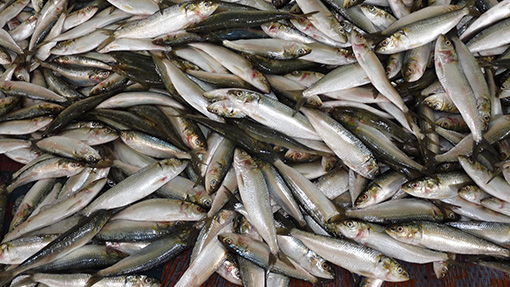
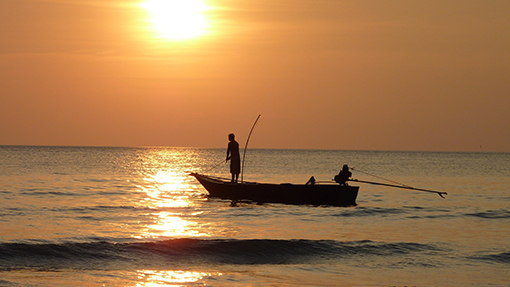
Giving fish is an unsustainable strategy compared with teaching people to fish.
A Proposed Model of Sustainability
The following model presents a possible 5-year plan for developing sustainable projects, which is being applied to the proposed welding school project, and is expected to be locally run and fully self-sustaining within 5 years.
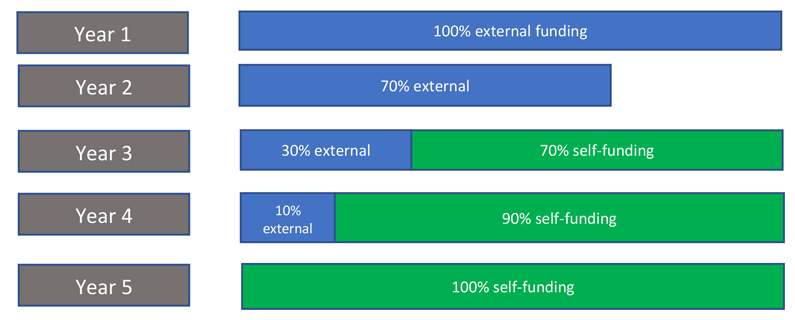
A proposed model for a 5-year sustainability plan for the welding school, illustrating the planning required and the challenge in implementing projects that are designed to reduce external funding
Let’s Start Somewhere
Welding training represents the biggest vocational project in FOMM’s Village Redemption Strategy. Potential partners and stakeholders are currently being sought with a view to collaborating on developing this project, which could cost USD $1-2m to set up.
FOMM’s vision for establishing a welding school in Antananarivo is to start small by purchasing basic welding equipment and employing one part-time welding trainer to offer basic training in one prison. The most accessible prison for this pilot project is Moramanga, three hours east of the capital city Antananarivo by car.
Establishing a welding school seems like an impossible dream. We know that people will pay to be trained and there is potential for the school to become a training provider to large corporations such as mines, as well as offer free welding training in prisons.
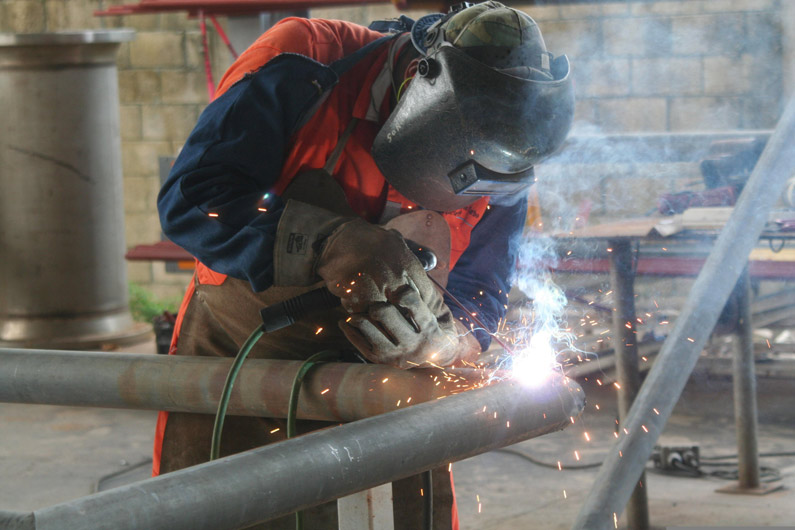
Welding – a sustainable trade skill that has the potential to strengthen economic development
Get Involved!
The main challenge faced by FOMM in implementing this project is funding. Will you consider supporting this project that will bring training and hope for a better future to individuals and communities – and become a catalyst for economic growth of this island nation?
Please visit the FOMM website for more information!
NOTE: Photos courtesy of Steve Lellelid (Southern Madagascar), Rev. David Lerseth (Friends of Madagascar Mission), and Pixabay.com (free images)
* Morfaw, J. (2014). Fundamentals of project sustainability. Paper presented at PMI® Global Congress 2014—North America, Phoenix, AZ. Newtown Square, PA: Project Management Institute.
